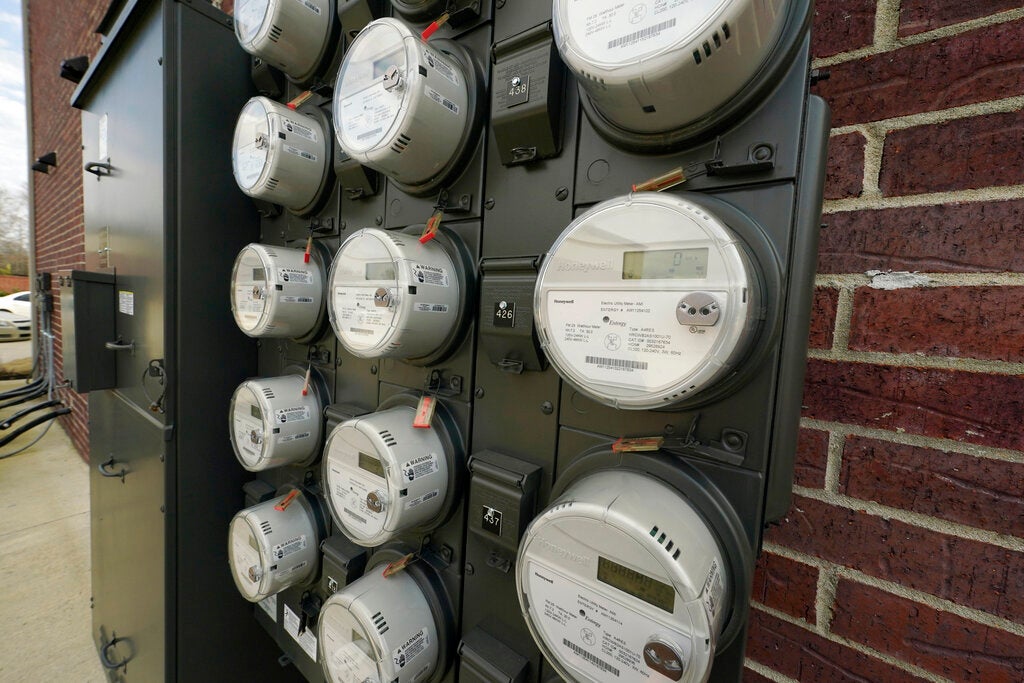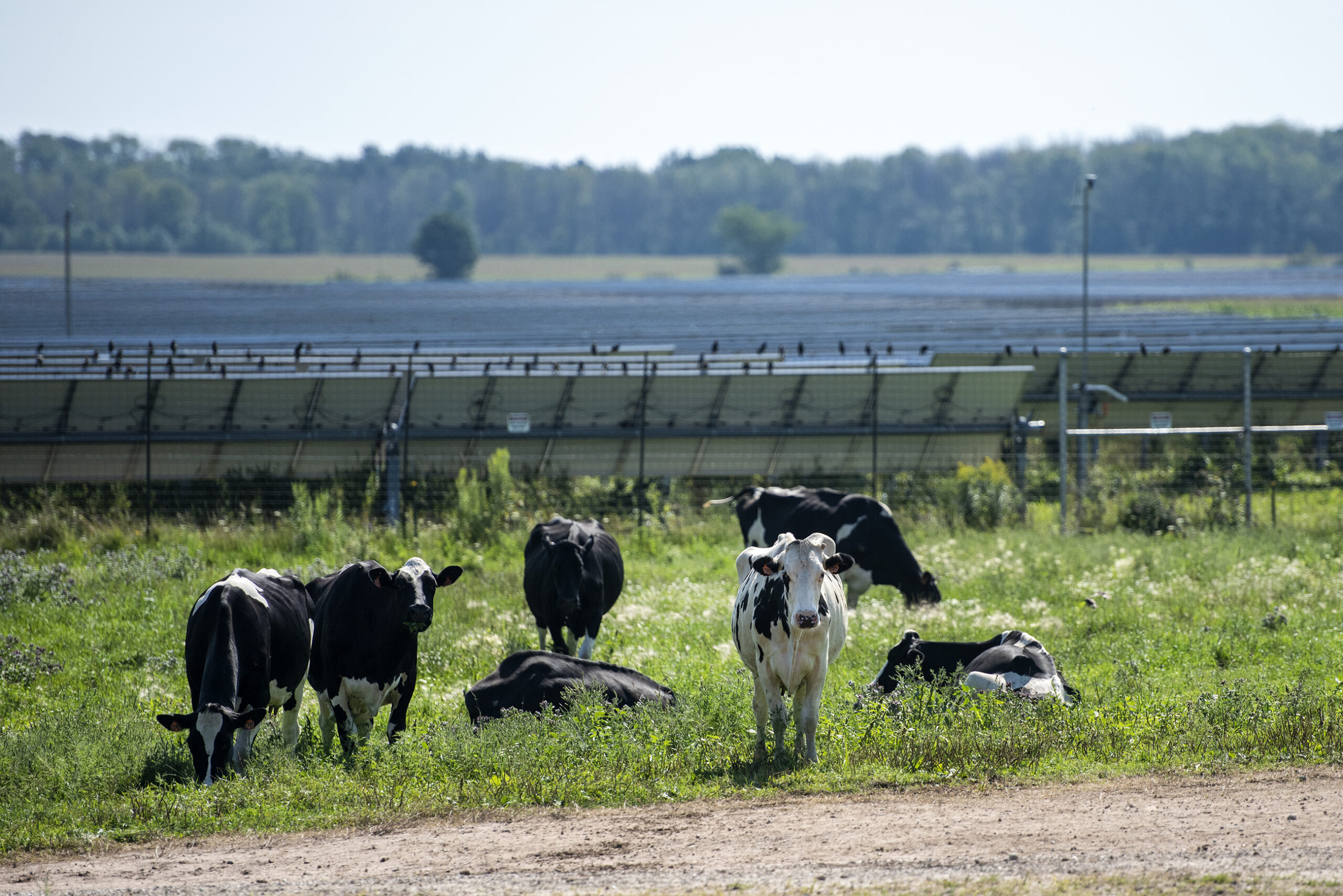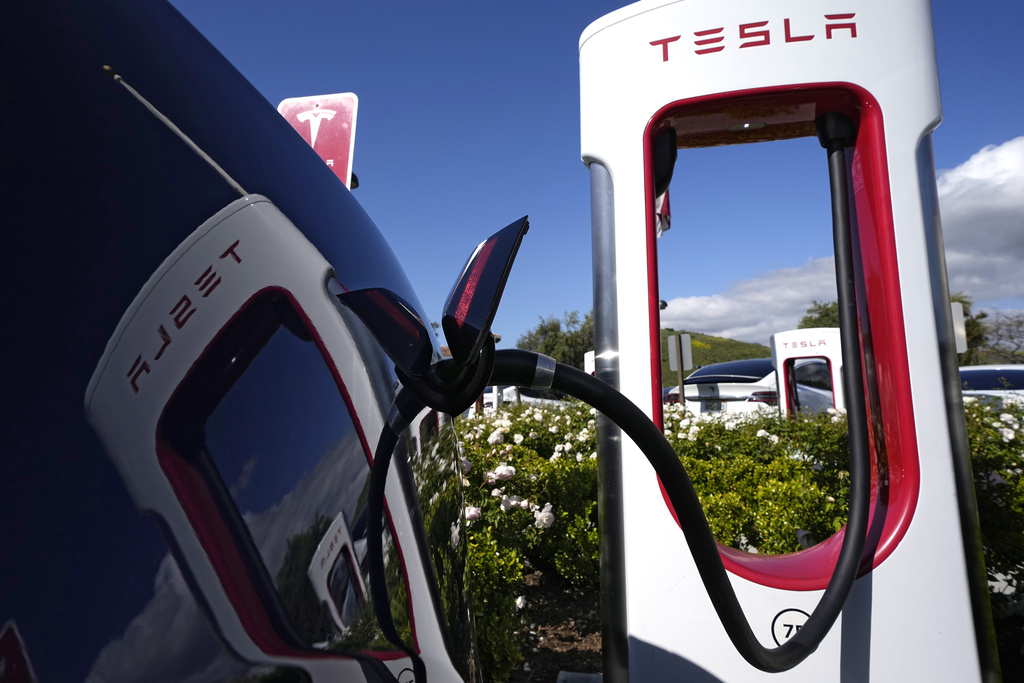Republican lawmakers have introduced legislation they say could lead to lower electricity bills.
The “Ratepayers First” measure would require the Public Service Commission, the state’s utilities regulator, to review contracts every 10 years set up under Power the Future, a 2001 law aimed at encouraging Wisconsin power companies to generate more electricity.
The law followed an energy shortage in the state in the late 1990s and included potential financing for energy projects that lead to profits, according to the Milwaukee Journal Sentinel.
Stay informed on the latest news
Sign up for WPR’s email newsletter.
State Sen. Duey Stroebel, R-Cedarburg; Rep. Jim Ott, R-Mequon; Sen. Rob Cowles, R-Green Bay; and Rep. Adam Neylon, R-Pewaukee, are sponsoring the bill introduced Thursday.
Stroebel said utility companies, like the Milwaukee-based We Energies, with Power the Future contracts have financial returns much larger than the state average.
“I can tell you a residential ratepayer in southeast Wisconsin paid 14.64 cents/kilowatt hour last year, and that rate is 21.4 percent higher than the Midwest average for residential electric rates,” Stroebel said.
The 2001 legislation has “outlived its usefulness, and now is producing unintended consequences, unacceptably high electric rates for residents and businesses in Wisconsin,” Ott said in a press release.
If passed, the bill allows the PSC to review and possibly lower the rates of the 25- or 30-year deals currently exempt from PSC review. Neylon and Cowles said high energy rates are hurting economic development.
Consumer group Citizens Utility Board of Wisconsin plans to study the bill closely, and the group’s acting-executive director Kurt Runzler is offering tentative support.
“Electricity rates in Wisconsin are among the highest in the Midwest, and they’re trending higher,” Runzler said. “So we welcome and support the efforts of folks in the Legislature who are working to find solutions to that problem.”
But We Energies, which has most or all of the Power the Future contracts, contends the bill is unconstitutional, both at the state and federal level.
“To actually review the contract and do something with that contract would be in violation, and would be impairing our existing contract,” said We Energies Spokesman Brian Manthey, adding Power the Future supplied much needed electricity for Wisconsin, allowing many companies to create jobs in the state.
Wisconsin Public Radio, © Copyright 2024, Board of Regents of the University of Wisconsin System and Wisconsin Educational Communications Board.






